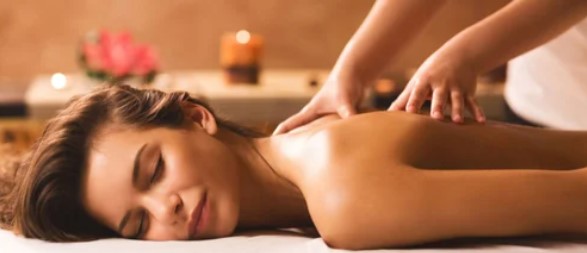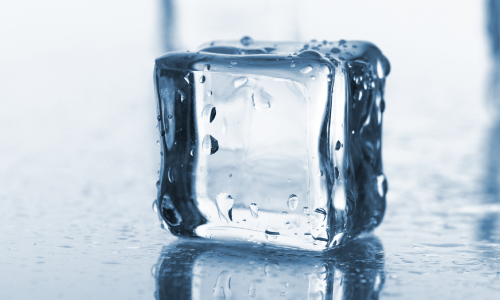According to Ayurveda, health is not just the absence of disease, but a state of balance between the body, mind and spirit. Therefore, healing is a complex process that depends on various factors. According to Ayurveda, there are three factors that influence healing in Ayurveda. In this blog, let us take a closer look at each of these factors and how they impact healing. Factors that influence healing The factors are the strength of the disease (Roga Bala), the strength of the patient (Rogi Bala) and time (Kala). Roga Bala: The strength of the disease Roga Bala refers to the strength of the disease or the severity of the illness. In Ayurveda, diseases are classified based on their intensity, and treatment plans are tailored accordingly. Some diseases are considered mild, while others are more severe and require more intensive treatment. The strength of the disease depends on various factors such as its nature, duration and extent of involvement. For example, a common cold is considered a mild disease, and most people recover from it within a few days with rest and home remedies. However, a chronic disease like diabetes requires long-term management and lifestyle modifications to prevent complications. In such cases, the strength of the disease is high, and the treatment plan needs to be more intensive. Rogi Bala: The strength of the patient Rogi Bala, refers to the strength of the patient; moreover, it signifies the ability of the body to fight the disease. In Ayurveda, each person is considered unique, and their constitution or Prakriti determines their susceptibility to diseases. Some people have a stronger constitution and can fight off diseases more easily, while others are more vulnerable and prone to illnesses. The strength of the patient depends on various factors such as age, diet, lifestyle and genetics. For example, a young person with a healthy diet and active lifestyle is more likely to have a strong immune system and can fight off diseases more easily than an older person with a sedentary lifestyle and poor diet. Time (Kala) The third component that affects healing is time or Kala. In Ayurveda, time is crucial for healing and, consequently, overall well-being. There is, however, no overnight remedy for the majority of ailments. Healing takes time. The severity of the sickness, the patient’s health and the success of the therapy are just a few of the variables that affect how long an illness lasts and how long it takes to recover. For example, a mild infection like a sore throat may resolve on its own within a few days, while a severe infection like pneumonia may take several weeks to resolve with medication and rest. Similarly, a chronic disease like arthritis may require long-term management. Understanding the above-mentioned factors is essential in developing an effective treatment plan for any disease. If you’re looking to heal from any health conditions, book a consultation with us and we will help you! If you are struggling with any health issues, you can either book a consultation with us or send us a message via WhatsApp to +91 79074 89839. We have the best Ayurvedic doctors in Trivandrum who are always glad to help you. If you have any queries, contact us. You can also visit us at our hospital.
Healing Factors in Ayurveda









